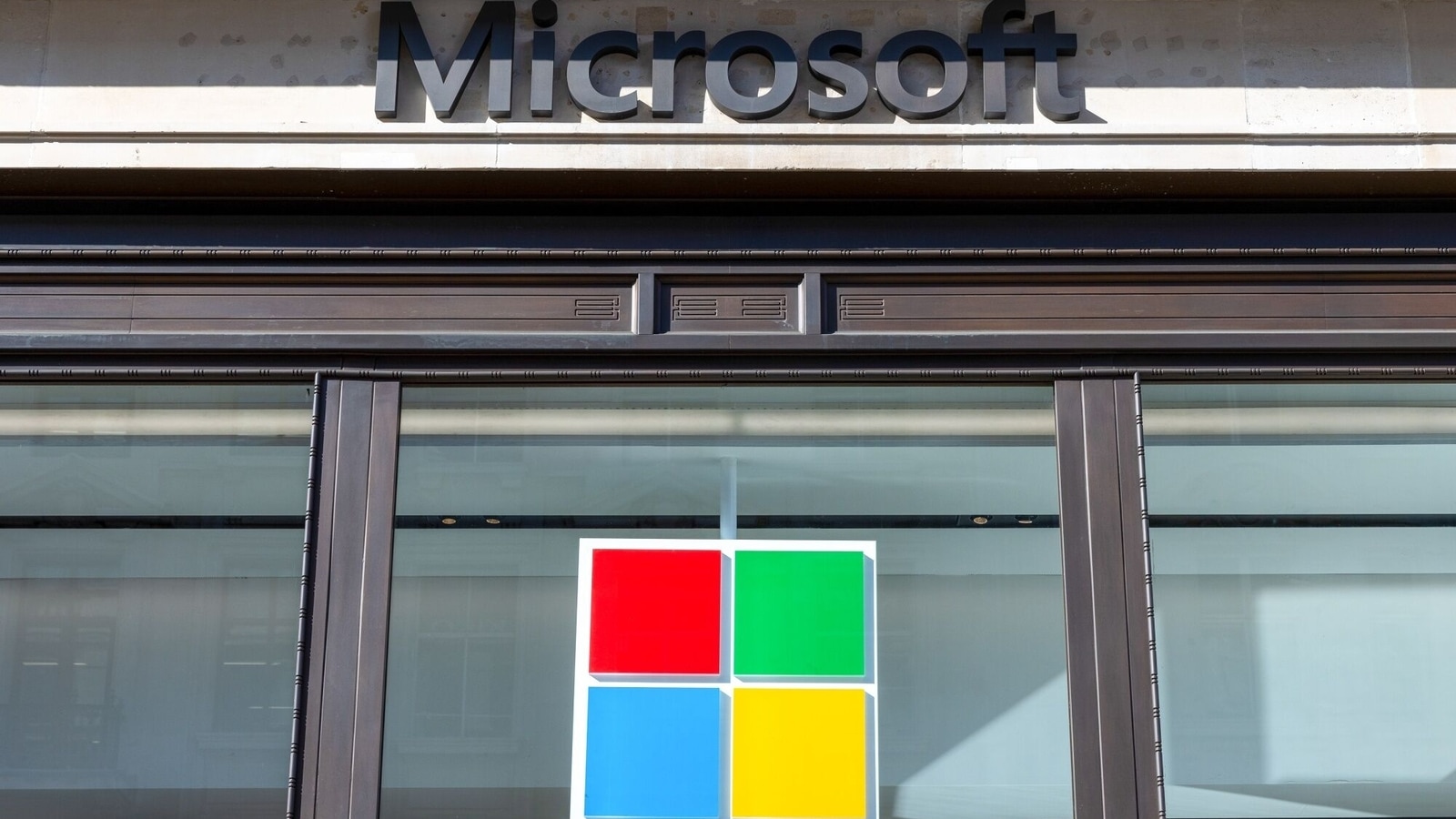The long-awaited green light from the UK competition watchdog for Microsoft Corp.’s $69 billion takeover of games publisher Activision Blizzard Inc. should prompt some self-criticism all round. The UK reached a good outcome but in a needlessly drawn-out and volatile manner. Microsoft’s inappropriate public berating of the UK was reputationally damaging for the software giant and, worse, British politicians gave the impression of being swayed by it. The regulator, the regulated and the government have lessons to learn.
Having blocked the transaction outright in April, the Competition and Markets Authority on Friday celebrated a revised deal put forward by Microsoft as good news for cloud gaming — the area where the world’s leading regulators agreed the deal as initially structured would harm consumer choice. The worry was that Activision’s highly popular catalogue, including the Call of Duty first-person shooter franchise, would give Microsoft an unassailable lead in this nascent market.
We are now on WhatsApp. Click to join.
The UK did the most to nudge the transaction to a consumer-friendly outcome. The US Federal Trade Commission’s opposition got nowhere. It had to prove the tie-up’s harm in court and failed to do so. The European Commission caved when Microsoft proposed giving gamers a free license to play purchased games on rival streaming platforms. The UK rejected that tweak, fearing it would suppress other business models, such as cloud services providing Activision content directly without the gamer transacting first with Microsoft.
This impasse has been resolved by Microsoft inviting French games publisher Ubisoft Entertainment SA to take charge of the distribution of Activision games over the cloud (outside Europe). The UK said this was a “gamechanger.”
The journey to this resolution has been very ugly. First, the UK embarrassingly had to scale back its “provisional findings” where it detailed its opposition, staging a U-turn on earlier concerns about the impact on console gaming. That exposed failings in information gathering and modeling.
Then the CMA block prompted Microsoft to act like a spoilt child that hadn’t got its own way, going way too far in its criticism and suggesting the UK was a bad place for tech investment. That made it look precisely like the kind of bullying dominant corporation we need tough regulators to challenge. Notwithstanding the reputational blowback, the tactic regrettably seemed to have an effect. UK finance minister Jeremy Hunt suggested regulators should consider economic growth in their decision-making, implying the CMA was wrong to get so hung up on protecting consumers from big business.
As the CMA said in clearing the deal, the tactics employed by Microsoft “are no way to engage with the CMA.” Quite right.
And when Microsoft appealed the transaction, it was evident the CMA was ill-prepared for the court battle that would follow. Microsoft drained the well of top advocates, leaving the CMA begging the judge for extra time to assemble a legal team. The US firm then put forward a new deal, prompting the fresh merger investigation. Reviewing this second transaction may have been the pragmatic course. But it set a precedent for giving merging parties another bite of the cherry after what should already be an exhaustive investigation — a disincentive to making concessions earlier in the process.
The good news is that CMA is consulting on how to better conduct in-depth merger probes. The flow of information between all sides could be improved. Merging parties appear to be having to second-guess what the CMA’s provisional findings might be, preventing the watchdog from hearing useful challenges to its thinking before public pronouncements are made. Ironing out differences sooner would minimize the need for U-turns that damage the CMA’s credibility and force a rewind.
The European approach at least gives companies more visibility of the regulator’s reasoning earlier on behind closed doors. That may be less transparent to the wider market in the first instance, but ultimately more constructive.
And it should go without saying that Downing Street should let its antitrust watchdog assess deals based on the facts, ensuring it has the resources to fight potentially dirty battles with multibillion-dollar corporations — in sum, support it and not undermine it.
One more thing! HT Tech is now on WhatsApp Channels! Follow us by clicking the link so you never miss any updates from the world of technology. Click here to join now!
Source link
credite

